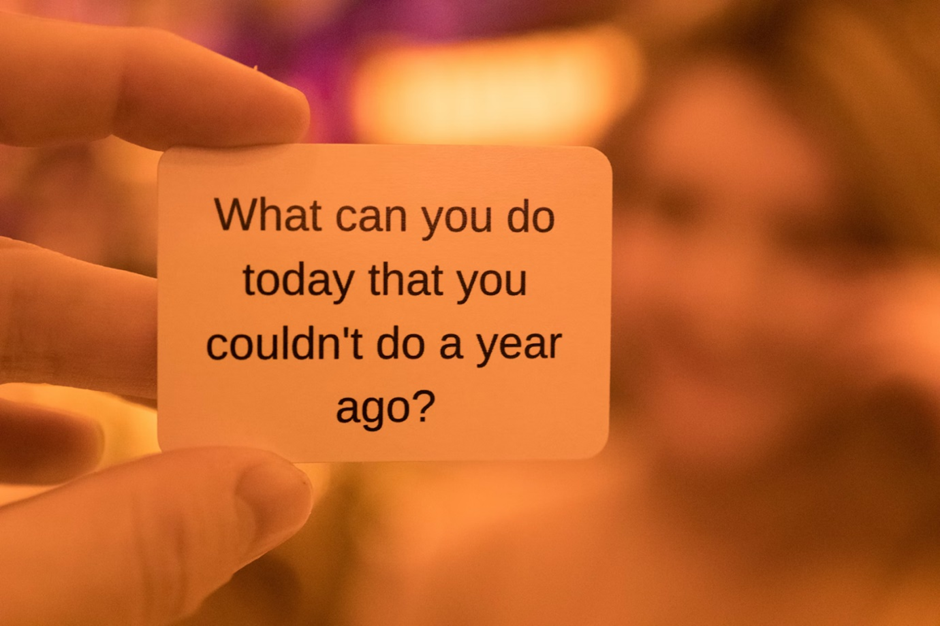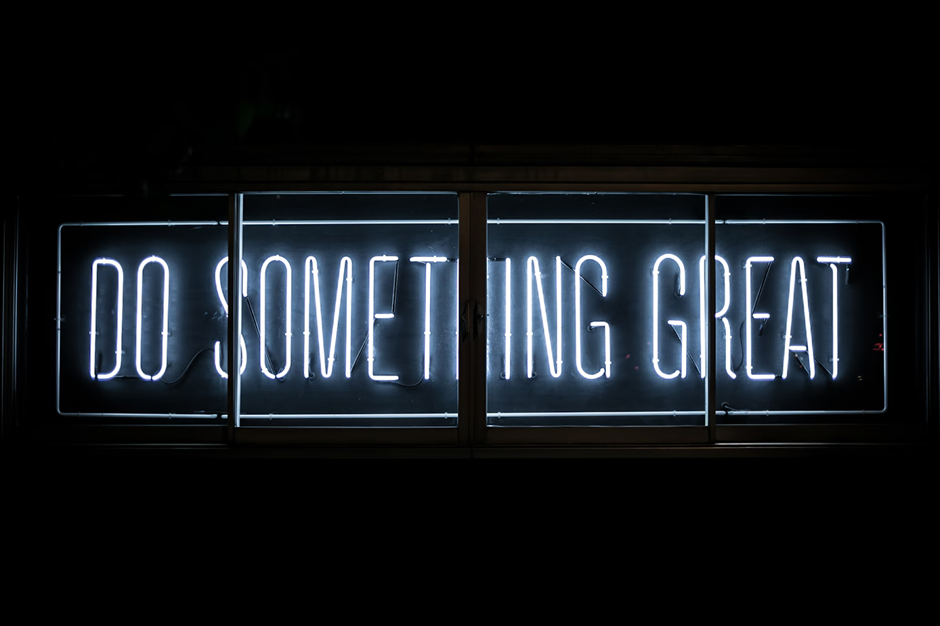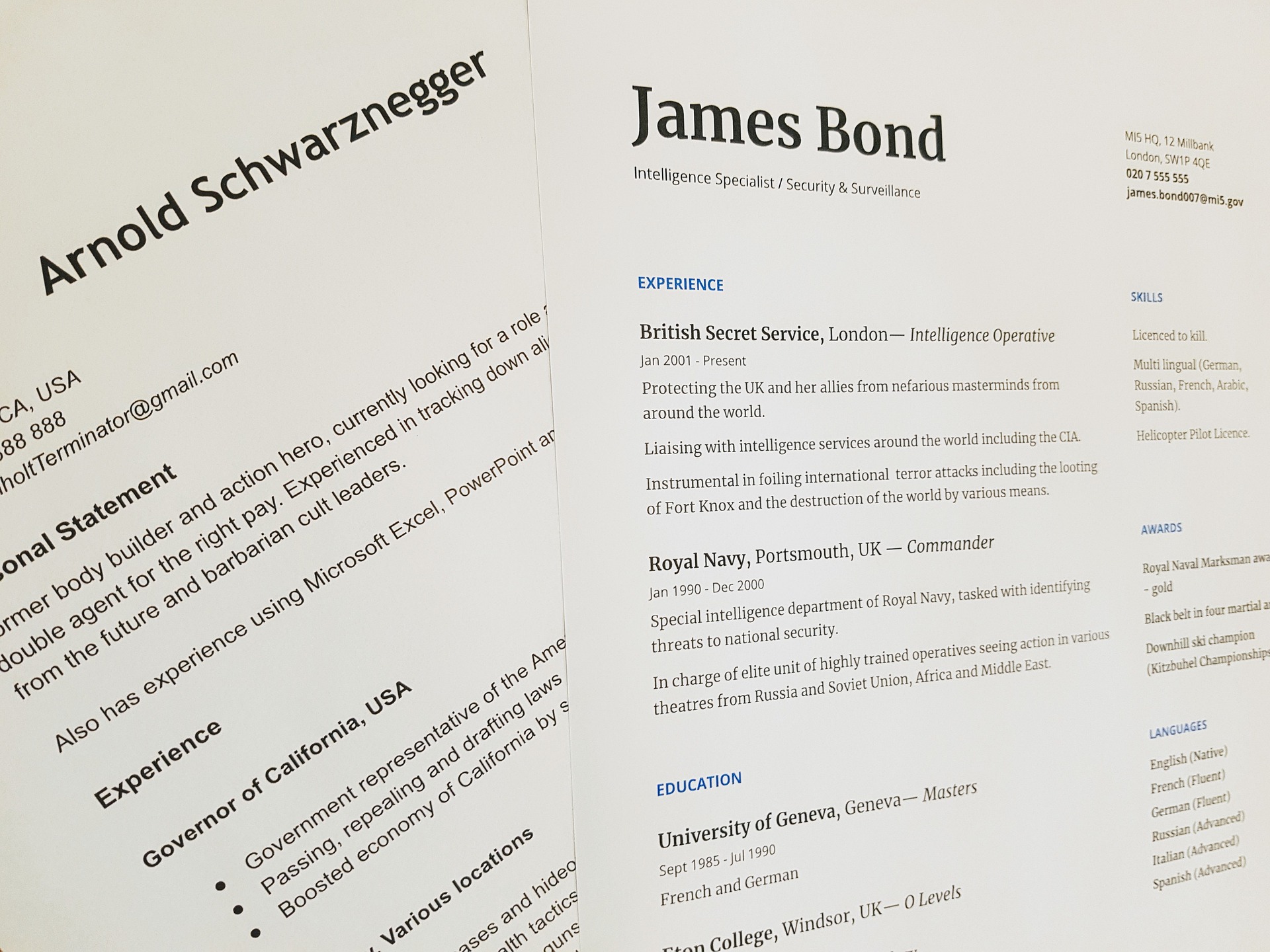How a personal development plan can help your career

Or what do you want to be able to do in a year’s time that you can’t do today?
Most of us have heard of the saying bring your whole self to work, with some organisations better than others in allowing their employees to truly be themselves. And while having a career development plan is beneficial for your career, a personal development plan allows you to focus on your whole self. This is helpful for you to achieve both career and personal goals and to be comfortable about who you are and what you stand for, across all areas of your life. And the added bonus is that you might learn some new skills that help your career progression.
And if I am being honest, most of the clients I work with on career development are moving forward with their personal development. They may initially start their coaching program with a career issue which can range from wanting to change jobs or looking for a career transition; not getting on with their manager or; feeling burnt out but stuck where they are currently working. Usually though once we start the coaching program, while we focus on the original goals, often it is personal habits and behaviours that are the areas to develop. We can then work through how personal growth and smart goals will lead to better career opportunities over the long term in your professional life.
For instance, if you want to be a better leader, you may be working on developing your people skills, how you communicate with others, empathy, self-awareness and self-management, all personal development skills. If we take this as an example of improving leadership skills, let’s explore one aspect of communication skills in active listening.

Good Leadership and Active Listening
One of the most important traits of positive communication particularly in leadership, is the ability to actively listen to others. How often do we listen with half an ear while thinking about our response to the person speaking? Or checking our phone, particularly when in meetings. And while others might not notice that (as they are too busy doing the same), they will definitely notice when you give them your whole attention and actively listen without judgement or expectation.
From a personal viewpoint, how often do you actively listen to your partner or your kids when your mind is full of work or things you forgot to do, or deadlines to meet? In this technological age of always being online and contactable, being present with people when they talk to you is a skill that requires focus and deliberate attention. A personal development skill and a professional development skill – back to my initial point about bringing your whole self to whatever you do.
Once you start to practise active listening you might find that not only do your colleagues respond better to you, it will also improve your relationship with family or friends who will feel that they are heard and seen by you just that bit more and that can only be positive.

Work/Life Integration
Another common issue that arises in career and personal development coaching is the lack of work-life balance. In many ways, though you may believe it is only work related, often we are not great at setting boundaries in a constructive way and sometimes feel that family members are asking too much of us. Instead of constructively communicating about how we feel or saying no, we do things grudgingly or with poor grace. That can be how we get stuck into the habit of having the same arguments over and over.
From a work perspective, can you change the amount of work a manager expects of you? Do you have any control over what your organisation anticipates that you can take responsibility for? Of course, the answer is no, but what you can do is work on boundaries, time management, and focus on what is important versus what’s urgent. You can also learn how to push back in a constructive way and again this comes back to communication which will benefit you both personally and professionally.
Of course, you can’t push back 100% of the time, that’s not realistic, there is always compromise. But learning a new skill to find better balance can have a positive impact and improve your overall happiness as you feel more in control. It’s so easy to fall into the trap of treating everything you do as urgent and sometimes this is a habit learned from when you are starting out in your career and wanting to prove your value and worth. Once you have several years of experience, you can leave those habits behind (such as having no boundaries) because you don’t need them anymore as you now have real skills.

Feeling valued
Another area that is good for both personal development and professional development is when you don’t feel valued. Sometimes clients come to coaching with the goal of finding a new job because they don’t feel appreciated. When we explore why they feel like that, if it is patently true, we waste no time in looking at transferable skills and where would be a good fit for them next.
Every so often though, finding a new job is not the answer. There are times when we need to work on ourselves, or we can end up with the same issues wherever we go. For millennia, humans have been telling themselves stories to make sense of their lives. Often the stories are a bit one-sided and need reframing but we get stuck in a loop and so can’t see any other aspects. Every time we feel that we have been ignored or overlooked we reaffirm the story which then becomes a self-perpetuating process.
I remember once that a manager I was coaching felt that one of her staff didn’t value her as a leader. I asked her what evidence she had. He never said good morning to her or made eye contact with her even when she was speaking with him, and she felt he didn’t respect her in any way. We went through all the potential reasons why he might have behaved that way and what strategies she could apply to try to change the situation. Once she had listed all the possible reasons for his behaviour towards her, she started to see that maybe it might not have anything to do with her.
She organised an informal meeting with him and had a frank and respectful discussion. He was amazed that she felt like that! It turned out that he was extremely introverted and very focused on his work. Once they had cleared the air, their relationship improved dramatically, and they were subsequently able to have some great discussions.
Now I can hear some people saying if she was such a good leader, she should have noticed how introverted he was. But we don’t always have the luxury, or the time, (or the experience) and his work took him all over the organisation so firstly she didn’t have much opportunity to see how he interacted with others. Secondly, it’s human nature when you are not feeling that good about yourself for whatever reason (which might be to do with somebody at home being sick or a myriad of other reasons) to automatically believe that somebody else’s behaviour is about you.
If you are not feeling appreciated at work, take the time to think about your achievements and successes and remind yourself of your own value. If you have a good relationship with your manager, have a chat with them. Sometimes we don’t articulate what we want and so your manager might not have the foggiest you are feeling unloved or may just be too busy. Of course if your manager is the issue then that’s clearly not going to work. But is there anybody else in your organisation that you respect that you could have a confidential discussion with about how you are perceived and what technical skills they can see in you?
Alternatively, maybe it’s time for you to raise your profile and start to be noticed by the right people. Don’t confuse raising your profile with being political, they are two separate things. Speak up in meetings, make a point of building connections with colleagues in other departments, and volunteer to help others, these will all get you noticed more.

So where do you start with a Personal Development Plan?
Research shows that people who write down their goals and chart their progress are more likely to achieve them. Whether you are looking at your career or personal development planning, start at the same place. Take the time to do a self assessment. What do you want to achieve? What are the things you are good at? Where do your weaknesses lie? What are your personal development goals? Are you ready for self improvement and personal growth? Are there new skills that you want to learn? What is important to you in life? How will you measure your progress?
There are lots of free personal and professional development plan examples that you can google if you want to get some more structure into developing your plan. Templates such as the Wheel of Life which breaks down these areas for you and allows you to set clear goals and an action plan. Or, you can break your development plan down into life areas such as emotional, physical, spiritual and mental. It’s really up to you to use whatever gives you the motivation to do some self reflection and set milestones.
So where do you want to be in a year’s time? And what will you have achieved? What do you want to be doing or feeling that you don’t right now? What is your ideal future? Focusing on self improvement with the right attitude can only positively impact success in your personal life as well as your professional life.
If you are not sure where to get started or how to get some structure around your thoughts and you are interested in working with a personal development coach click on this link to read more https://sharonstoneconsulting.com.au/personal-development-life-coach-sydney/








